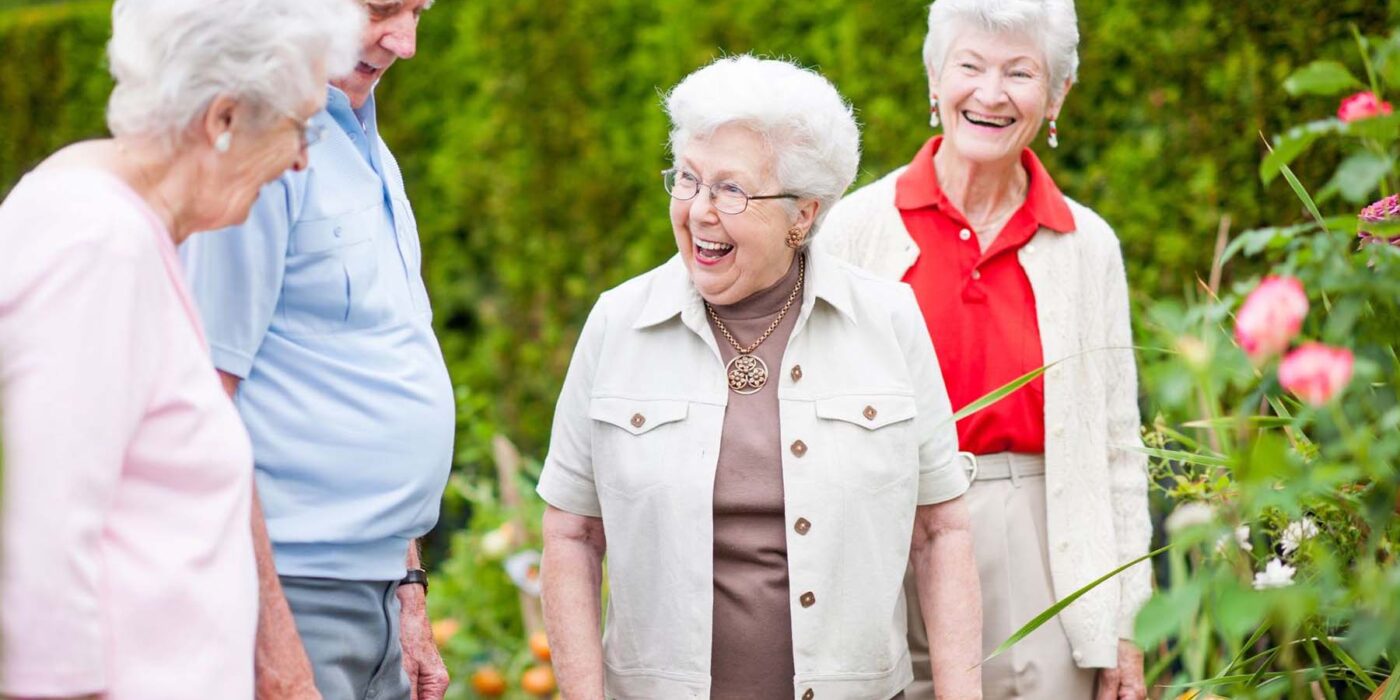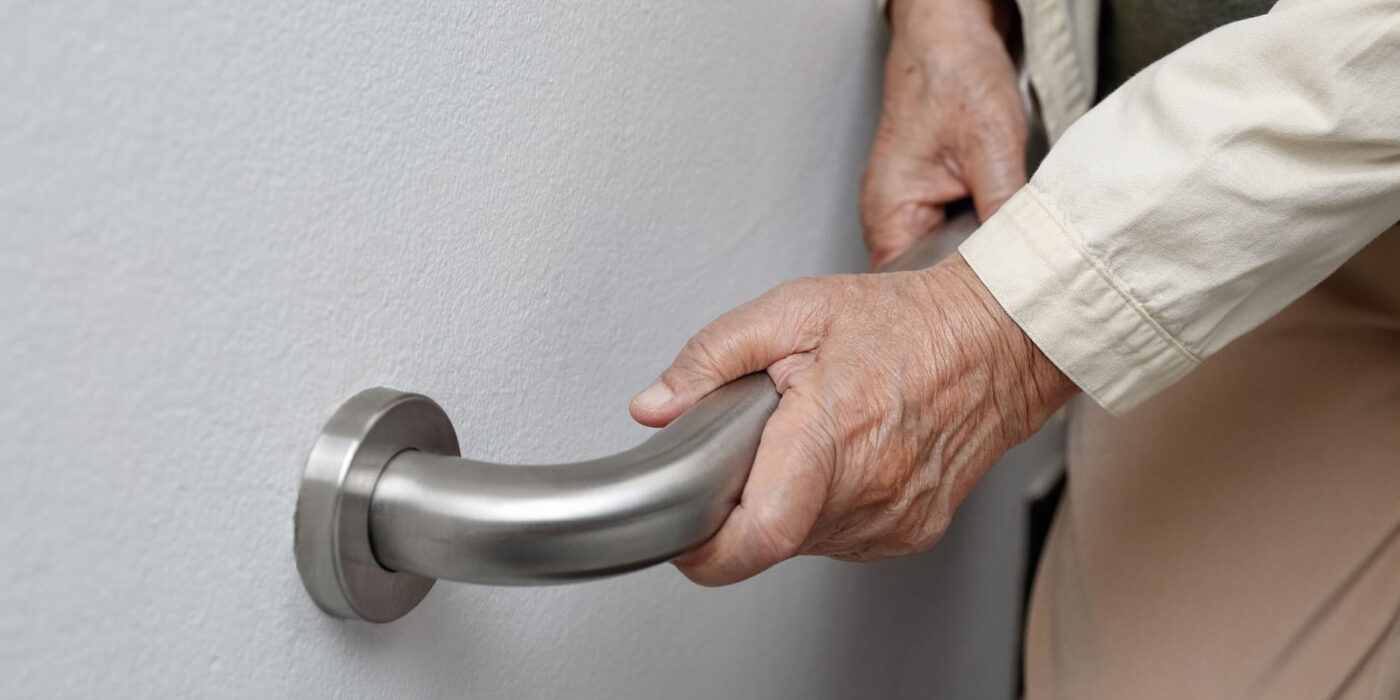Building Community: A Comprehensive Guide to Choosing the Right Senior Living Option
Navigating the complex landscape of senior living options for a beloved parent can be a daunting task. As the adult child of a senior, you’re not just looking for a place where your parent can live; you’re searching for a community where they can thrive, feel safe, and continue to live a fulfilling life. Here’s a guide to help you through this journey, focusing on understanding your parent’s needs, exploring available options, and making an informed decision.
Understanding Your Parent’s Needs
The first step is assessing your parent’s current needs and anticipating future ones. Consider their physical health, mobility, cognitive function, and social preferences. Are they largely independent but looking for a community of peers? Do they need assistance with daily activities? Or are they dealing with more complex health issues like dementia that require specialized care? Your answers will guide you toward the type of senior living arrangement best suited for them.
Exploring Senior Living Options
Independent Living
For seniors who are active and can live independently but want to rid themselves of the burdens of home maintenance, independent living communities are ideal. These communities often offer amenities like group dining, social activities, and transportation services, fostering a vibrant social environment. This socialization is crucial as it contributes to emotional well-being and prevents feelings of isolation and depression, which are common in older adults.
Assisted Living
Assisted living might be the right choice if your parent needs help with daily activities such as bathing, dressing, or medication management. These facilities provide personalized care in a home-like setting, offering peace of mind that help is always available.
Memory Care
For seniors with Alzheimer’s or other forms of dementia, memory care facilities offer specialized support in a secure environment. Staff are trained to handle the unique challenges of memory loss, ensuring residents receive the care and attention they need.
Long-Term Care
When a senior has a chronic medical condition that requires ongoing nursing care, long-term care facilities can provide the comprehensive support they need. These facilities are equipped to handle various medical and personal care services.
Making the Decision
Once you’ve narrowed down the type of facility that best suits your parent’s needs, consider these factors to make your final decision:
- Location: Is the facility conveniently located for family visits? Is it close to medical services, parks, and other amenities?
- Cost: Understand the costs involved and what insurance or government programs cover. Make sure the option you choose is financially sustainable in the long run.
- Quality of Care: Research the facility’s reputation, staff qualifications, and staff ratio to residents. Reading reviews and talking to current residents and their families can provide valuable insights.
- Amenities and Activities: Ensure the facility offers activities and amenities that match your parent’s interests and needs, promoting a stimulating and engaging environment. These activities should support both physical health and mental stimulation, fostering a sense of community and belonging.
- Culture and Atmosphere: The overall atmosphere and culture of the community should be welcoming and inclusive, making your parent feel at home.
Choosing a senior living option for your parent is a significant decision that affects the whole family. Take your time to visit several facilities, ask plenty of questions, and involve your parent in decision-making as much as possible. Remember, you’re not just selecting a living space; you’re choosing a community where your parent can lead a happy and healthy life, enriched by social interactions that enhance their quality of life.


